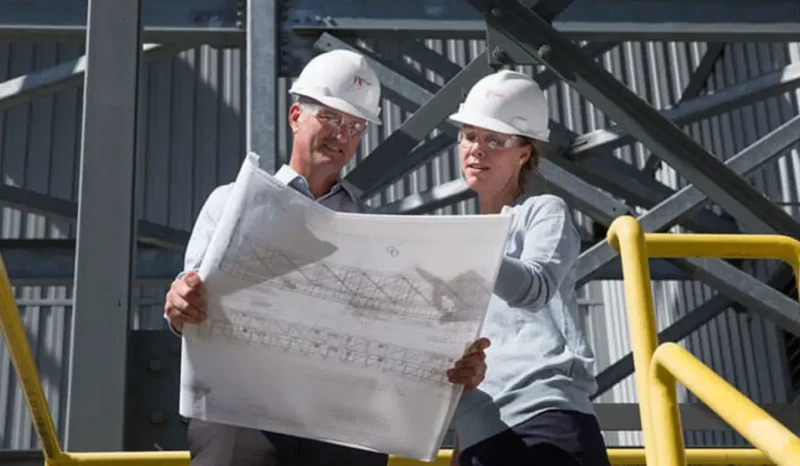In today’s rapidly evolving landscape of engineering and technology, the role of consultant engineers has emerged as a pivotal force, driving innovation and ensuring the successful execution of projects across diverse sectors. These professionals serve as the vital bridge between complex engineering principles and practical application, navigating a myriad of challenges that arise in various environments.
From rigorous feasibility studies to the intricate design considerations of large-scale infrastructure, consultant engineers embody a blend of expertise, strategic thinking, and problem-solving acumen. Their responsibilities extend beyond mere technical execution; they are integral in fostering collaboration among stakeholders, managing project timelines, and adhering to safety and regulatory standards.
As the demand for sustainable and efficient solutions intensifies, understanding the multifaceted roles and responsibilities of consultant engineers becomes essential to appreciating their crucial impact on our built environment.
Introduction to Consultant Engineers

Consultant engineers are pivotal figures in the realm of project development, acting as the linchpin between innovative ideas and practical execution. They specialize in delivering expert advice across a plethora of industries, from civil and structural engineering to environmental and mechanical disciplines.
Their role often begins in the earliest phases of a project—assessing feasibility, analyzing technical requirements, and providing invaluable insights that shape the projects trajectory. As the landscape of engineering continues to evolve, consultant engineers also engage with cutting-edge technologies and sustainable practices, ensuring that their clients not only meet current demands but anticipate future challenges. With a blend of technical know-how and strategic foresight, they navigate complex problems, coordinate with multidisciplinary teams, and ultimately champion the successful realization of a wide array of projects, from towering skyscrapers to intricate transportation systems.
Project Planning and Management

In the realm of project planning and management, consultant engineers take on a pivotal role, acting as both architects of strategy and navigators of execution. They meticulously delineate project scopes, identifying essential milestones and deadlines, while simultaneously coordinating resources, budgets, and personnel to ensure seamless workflow.
This multifaceted task demands not just technical acumen, but also an ability to pivot swiftly in response to unforeseen challenges, be it a change in client specifications or an unexpected site condition. With a keen eye for detail, they cultivate collaboration among diverse stakeholders, fostering communication that transforms abstract concepts into tangible outcomes.
As projects evolve, these engineers must adeptly balance the art of strategic foresight with the science of rigorous management, ensuring every phase aligns with overarching objectives while adapting to the dynamic landscape of engineering demands.
Involvement in Project Initiation

Involvement in project initiation is a critical phase for consultant engineers, serving as the bedrock upon which successful projects are built. From the very first meeting, they engage stakeholders, deciphering client visions and expectations.
This early dialogue is not merely procedural; it shapes the projects scope and objectives, requiring careful analysis and strategic foresight. They meticulously evaluate feasibility, conducting risk assessments and identifying potential challenges before they manifest into setbacks.
It’s a dynamic dance of communication and technical expertise, where the consultant engineers must synthesize complex information into clear, actionable plans. At this juncture, their role often extends beyond technical knowledge; they become facilitators, ensuring that diverse voices are heard and integrated into the blueprint of the project.
The engine of innovation starts here, as their insights guide the trajectory of the project, inspiring confidence and laying the groundwork for subsequent stages.
Conclusion
In conclusion, consultant engineers play a pivotal role in the success of various projects across multiple industries. Their expertise is not only essential in designing and implementing solutions but also in mitigating risks and ensuring compliance with regulatory standards.
By collaborating with clients and stakeholders, consultant engineers facilitate effective communication and promote innovative problem-solving. Ultimately, what do consultant engineers do? They serve as trusted advisors and technical specialists, guiding projects from conception to completion, ensuring that both functionality and sustainability are at the forefront of engineering endeavors. Their contributions are invaluable, making them integral to the development and advancement of modern infrastructure and technology.


